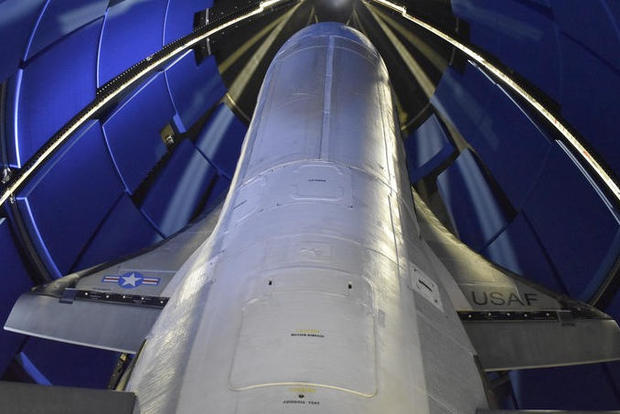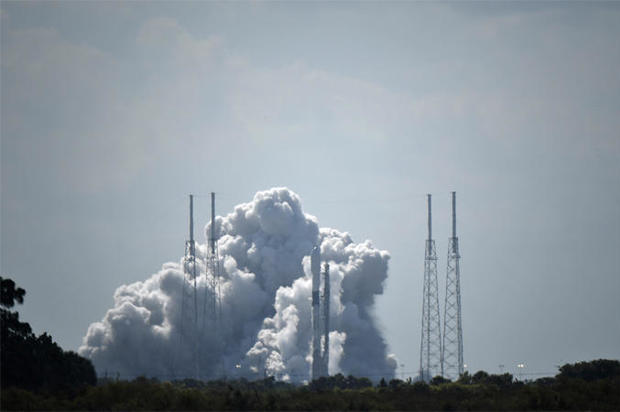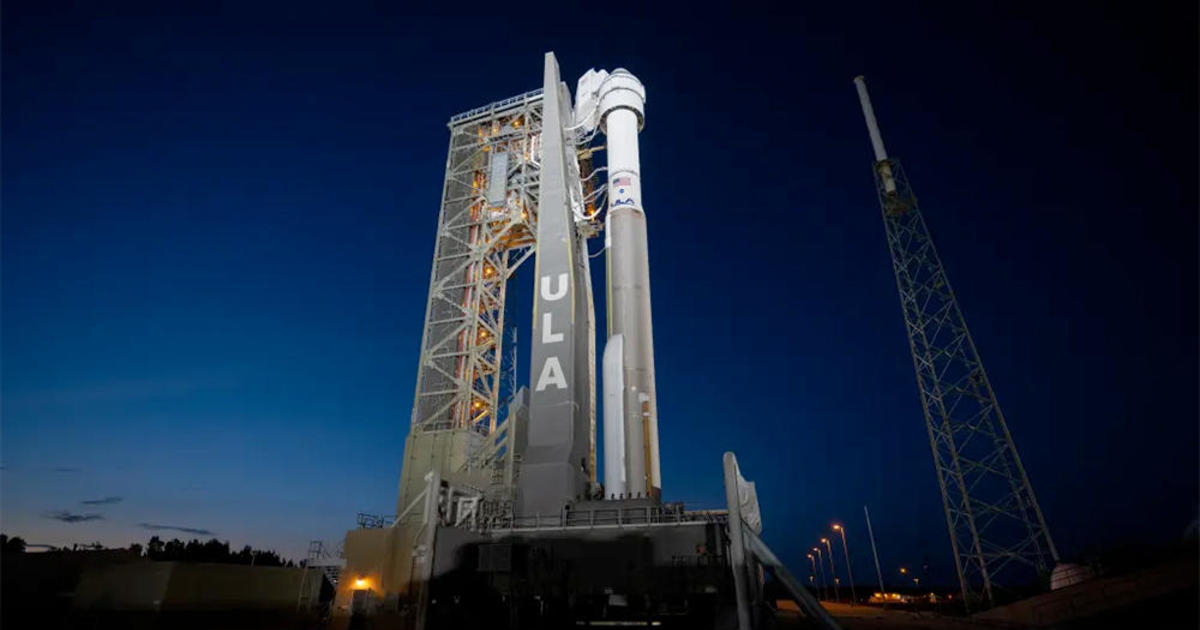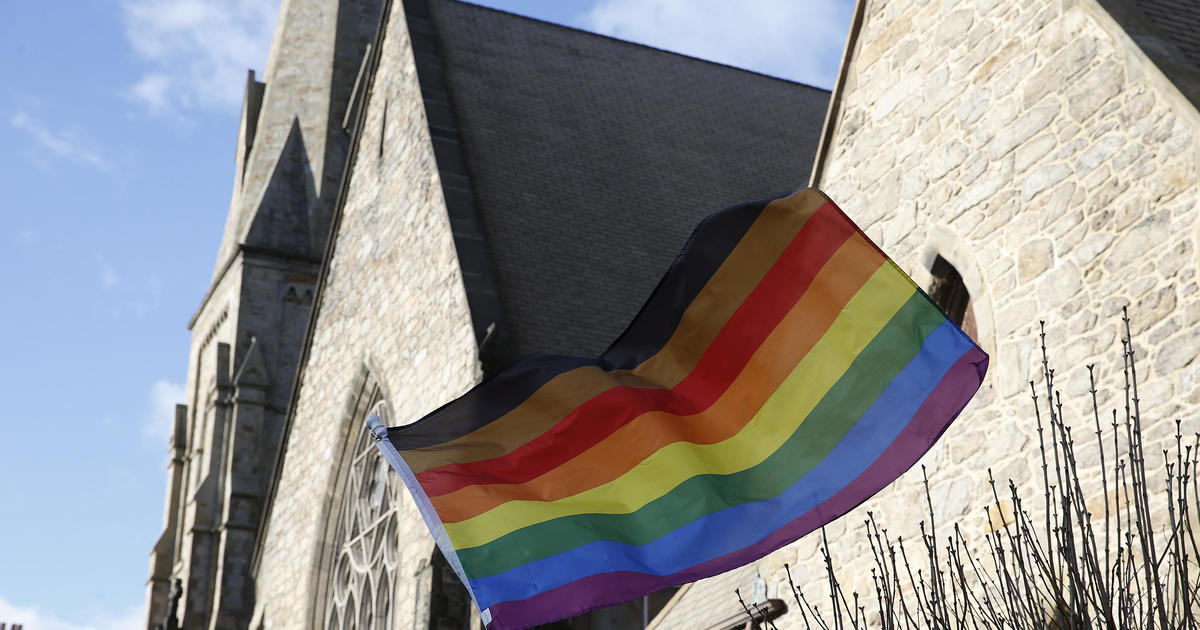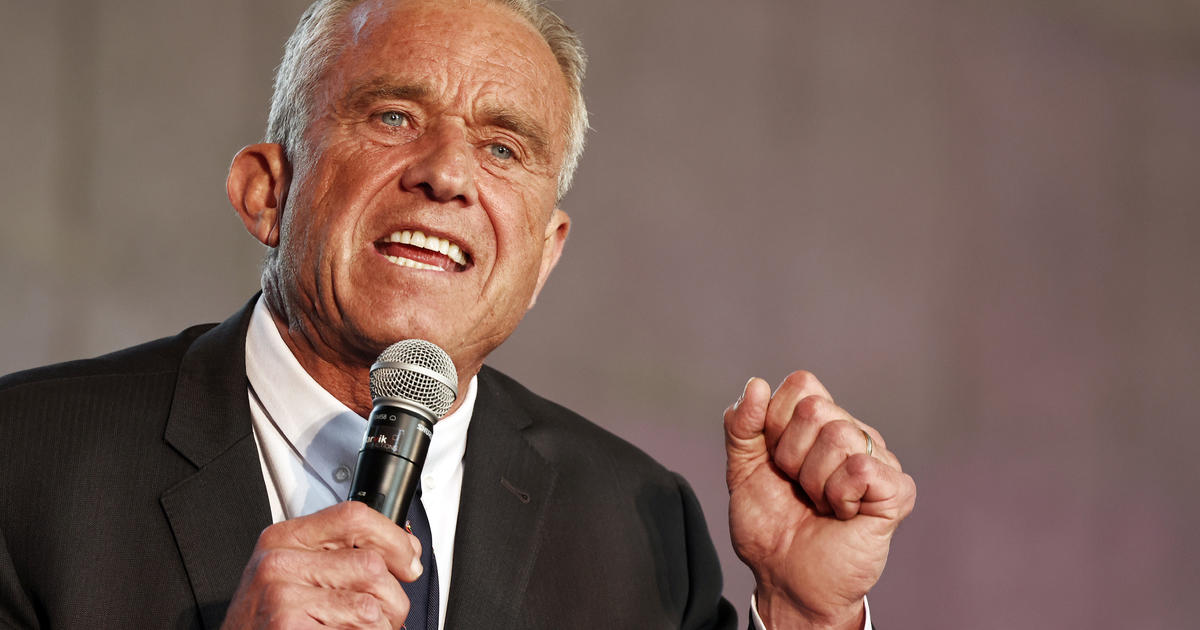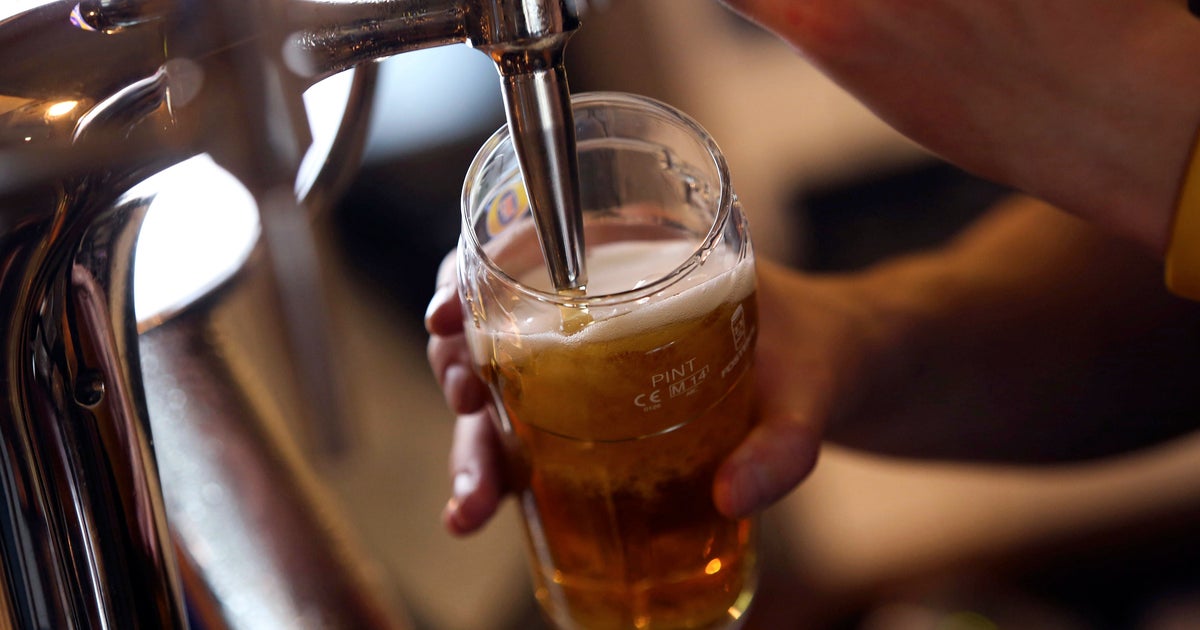SpaceX and United Launch Alliance prepare back-to-back launches this weekend
In a weekend doubleheader, United Launch Alliance and SpaceX are set to launch Atlas 5 and Falcon 9 rockets less than 24 hours apart Saturday and Sunday. The launchings will clear the decks for work to ready another Falcon 9 for flight May 27 on a historic mission to send two astronauts into orbit, the first such launch from U.S. soil in nearly nine years.
Astronauts Douglas Hurley and Robert Behnken, in final training at the Johnson Space Center in Houston, entered a strict medical quarantine Wednesday and plan to fly to the Kennedy Space Center next Wednesday for final preparations, including an on-board dress rehearsal countdown on May 23.
If all goes well, Hurley and Behnken, strapped into a SpaceX Crew Dragon capsule atop a Falcon 9 rocket, will blast off from historic pad 39A at the Kennedy Space Center at 4:33 p.m. EDT on May 27, kicking off a long-awaited test flight to the International Space Station.
But first, a United Launch Alliance Atlas 5 rocket, carrying an Air Force X-37B spaceplane, is scheduled for liftoff from nearby pad 41 at the Cape Canaveral Air Force Station at 8:24 a.m. Saturday.
Resembling a mini space shuttle, complete with stubby delta wings and a small payload bay, the Boeing-built X-37B can remain in orbit for extended periods before gliding to a runway touchdown. The program's fifth and most recent flight lasted 779 days.
The Air Force maintains two X-37Bs and it's not known which vehicle is going up on the current mission. Details are classified, but the Air Force says a new module has been added to the back end of the spacecraft to house experiments, including two NASA studies, a small Air Force Academy satellite and an experimental system designed to beam microwave energy back to Earth.
Assuming the Atlas 5 gets off on time, SpaceX plans to launch its eighth batch of 60 Starlink internet relay satellites Sunday at 3:53 a.m., boosting the company's orbital constellation to 480. It will be the sixth Starlink launch of 2020 as SpaceX presses ahead with plans to begin offering space-based internet services later this year.
But as always with rocket launches, the weather along Florida's Space Coast may be a factor. Forecasters are predicting a 60 percent chance of an Atlas 5 delay due to high winds and thick clouds.
Conditions are expected to improve to 80 percent "go" on Sunday. If the Atlas is delayed Saturday, the launch will slip to Sunday and the SpaceX flight from launch complex 40 will, in turn, be delayed to Monday when near ideal conditions are expected.
In any case, launching two orbit-class rockets within 21 hours will mark the fastest turn-around for two U.S. boosters since 1967.
Brig. Gen. Douglas Schiess, commander of the 45th Space Wing, said the rapid-fire pace was made possible by the automated fight termination system aboard the Falcon 9. All rockets launched from the United States are required to have self destruct systems, and the Atlas 5 uses a more traditional FTS, one requiring more engineers and technicians on console for launch.
Without an autonomous FTS, the turnaround between two launches would be on the order of 48 hours "because of turning the range around and some of the networks that are not required for autonomous flight safety system," Schiess said.
In any case, fewer engineers and technicians will be on duty for the weekend launches than usual because of coronavirus personnel restrictions and social distancing protocols.
NASA civil servants at the Kennedy Space Center have been limited to "essential personnel" since mid March and stricter-than-usual policies are in effect for the Crew Dragon astronauts to make sure they are not exposed to COVID-19 or carry it to the space station.
NASA normally would expect hundreds of thousands of spectators to witness a launch of this magnitude, but the agency is not opening the space center for public viewing. In fact, agency managers are urging the public to stay away and watch the launch on the agency's website or satellite TV system.
As for Behnken and Hurley, "we are following a strict, 14-day quarantine protocol prior to launch for the crew members," said Phil McAlister, director of commercial spaceflight at NASA Headquarters.
"All personnel that support or interact with the crew during that time period follow that same protocol. ... For anyone who's not following those quarantine protocols, direct interaction with the crew is not permitted without appropriate protective gear, appropriate distancing or a barrier between them and the astronauts."
